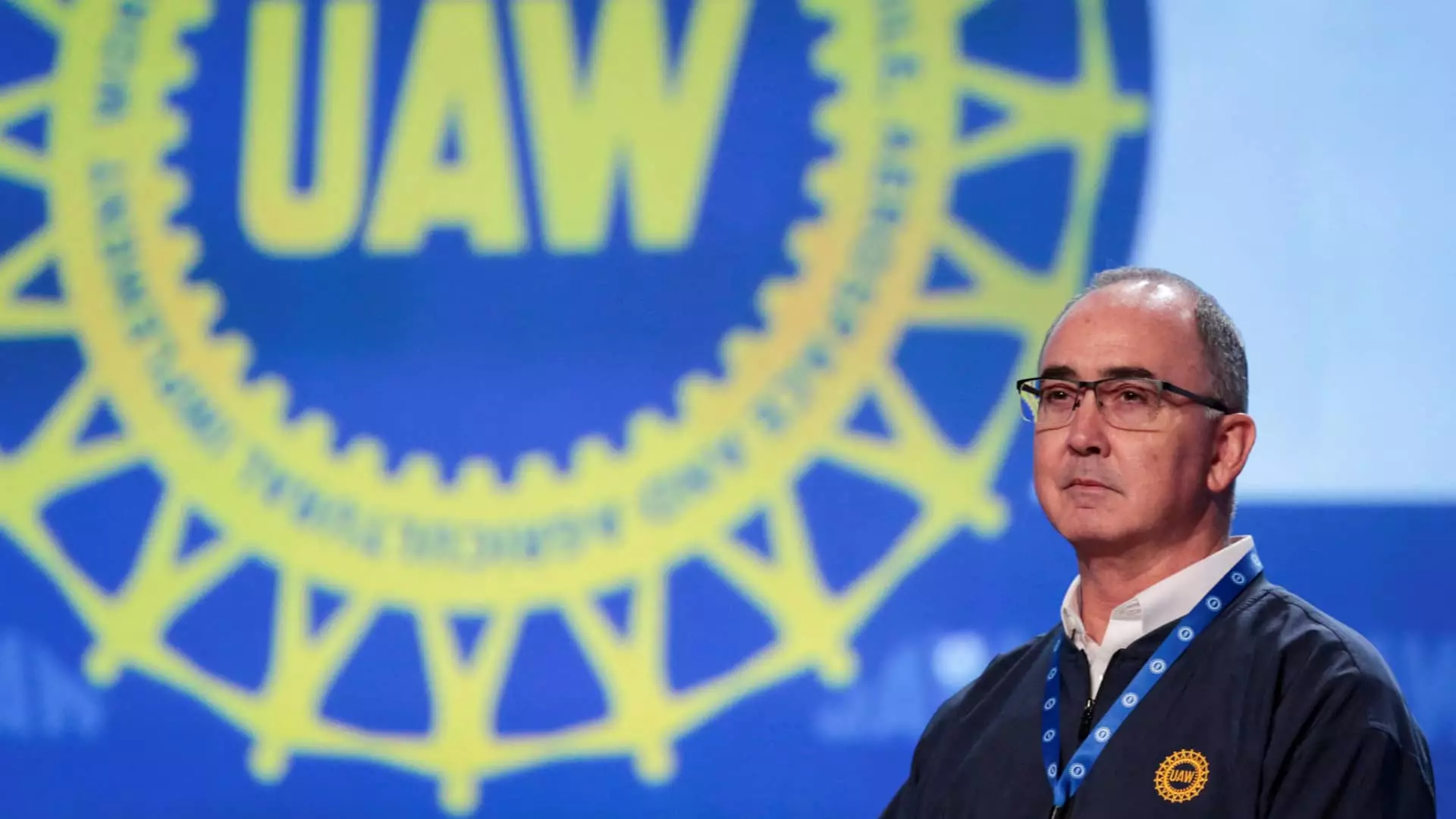United Auto Workers President Shawn Fain did not mince words in his recent video, where he accused Stellantis CEO Carlos Tavares of price gouging consumers and failing to honor parts of the union’s labor contract with the automaker. These blistering remarks are part of an ongoing feud between the two leaders following last year’s contentious collective bargaining talks.
Fain’s allegations go beyond just financial matters; he also claims that Stellantis is reneging on commitments made in their last contract, such as halting plans to reopen an assembly plant in Illinois. The union president’s fiery accusations paint a grim picture of the inner workings at Stellantis, pointing fingers directly at Tavares for the company’s purported struggles.
Declining Sales and Layoffs
Tavares has not been silent either, recently criticizing the UAW-Stellantis workforce for quality issues at a truck plant in metro Detroit. The company has also announced significant layoffs at U.S. plants amid declining sales and strategic product changes. These challenges have forced Tavares to embark on a cost-cutting mission, aiming to increase profits and double revenue by 2030.
The drastic measures taken by Stellantis have included reshaping the company’s supply chain, operational adjustments, and significant headcount reductions. Over the past few years, the automaker has slashed its workforce by more than 15%, with thousands of employees losing their jobs. While these actions may be necessary for the company’s long-term viability, they have not come without criticism from various quarters.
Implications for the Future
As both the UAW and Stellantis continue to engage in this public showdown, the implications for the future remain unclear. With accusations flying back and forth, it is evident that there are deep-seated issues plaguing the relationship between the union and the automaker. While Tavares argues that the cost-cutting measures are vital for Stellantis’ survival, Fain insists that they are coming at the expense of workers and consumers.
The coming months will be crucial in determining the direction that Stellantis takes, as well as the impact it will have on its employees and the broader industry. The public spat between Fain and Tavares underscores the complex challenges facing the automotive sector, especially in the midst of a global economic downturn and rapidly changing consumer preferences.
The clash between the UAW and Stellantis serves as a stark reminder of the tensions that exist within the industry. It brings to light the difficult decisions that automakers must make to stay competitive in a rapidly evolving landscape. While the allegations and criticisms may be harsh, they also highlight the need for transparency, accountability, and collaboration to navigate the uncertain road ahead.

